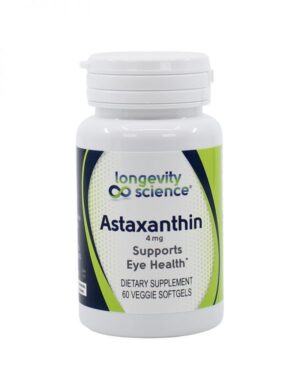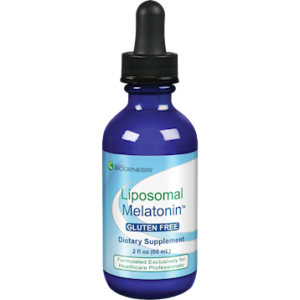Shop
-

Blue Ice Royal Blends (4)
-

Books/DVDs/CDs (20)
-

Essential Fatty Acids (6)
-

Fermented Cod Liver Oil (5)
-

Healthy Living (2)
-

High Vitamin Butter Oil (2)
-

Immune Support (6)
-

Miscellaneous (7)
-

Probiotics (7)
-

Seagreens (8)
-

Skin Care & Detox Baths (4)
-

Targeted Support (8)
-

Antioxidant Support (8)
-

Best Sellers (9)
-

Detoxification Support (10)
-

Digestive Support (13)
-

New Products (11)
-

Sleep Support (2)
